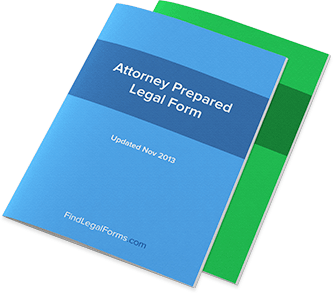What You Can Expect from Construction Forms
When many people begin a new construction on a project, you’d be surprised just how often it might be their first time. Think of the couple first building a new home, or a business owner who is expanding his space and building his own office structure for the first time. Buildings are going up all the time - which necessarily means a great deal of these buildings are “first-timers.”
One trick of being a first-timer is realizing just how intensive and necessary the construction forms can be. Construction forms such as the project contract can really make or break a good construction deal - even if you consider that the negotiation is usually done ahead of time. In this article, we’ll explore what you can expect to see in construction forms and what you should know about them before you ever decide to break ground.
First, while all legal forms will tend to have some continuity with each other (for example, all leasing forms for an automobile dealership will generally look the same, with a few details filled in each time), a construction form can actually take a number of appearances. There are construction contracts, in which someone agrees to make payment for the construction that’s going to take place while the other party agrees to deliver on the services they promise to provide. There are also government documents and permits relating to construction that may require signing - in fact, it’s always best to check with local governments before any new construction project simply because you never know what kind of local regulations you might run into.
This can make things a little confusing, but to clear things up try to understand that construction legal forms will tend to have the same type of “legalese” other forms might have. There will be the definition of the parties involved, there will be an outline of the specific numbers such as payments and scheduling, and finally the terms of the contract should take up a lot of space. The terms of a construction form can lay out exactly what is expected of both parties and then make provisions for any complications that might arise - for example, even if one party is based in another state, one provision of the contract might state that the contract will be regulated under a specific state’s law.
Pay attention to these types of details and you should have no trouble figuring out what your specific construction form says. If you have any trouble, try looking up construction forms online to see what you can expect from these forms - or simply contact a lawyer and ask for their legal expertise. However, we’re hoping that after visiting this site and browsing through all the information and forms we have here that you won’t have any need for extra information!


